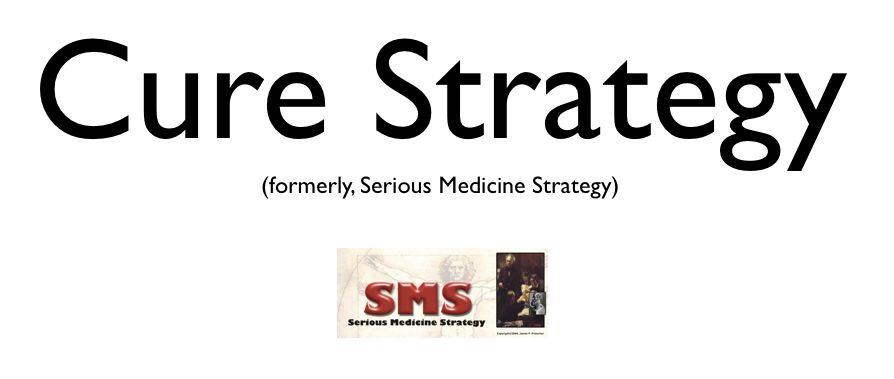The Guardian today reports on credible accusations that the prime minister of Kosovo has run Kosovo as a mafia state, trafficking in human organs, as well as drugs and guns. In the meantime, though, we might be thinking about a better way to provide organs to people. And we might note that what people want, desperately, is organs and other ways to improve and extend physical life. Nobody tries to smuggle health insurance.
The Guardian report opens up myriad questions, but from a Serious Medicine point of view, we might dwell on the phenomenon of organ trafficking, which seems to have been centered on kidneys; as the Guardian puts it, “a number of Serbs are said to have been murdered for their kidneys, which were sold on the black market.” These alleged crimes are horrendous, and the perpetrators should be pursued with the full force of the law.
However, we might note that black markets arise as the result of two related phenomena: illegality and shortages. If something is illegal but also in demand, it will likely be in short supply, and that in turn will create a black market. And so it is with human organs, including kidneys. Thus even if the Kosovar black market is shut down, it’s a safe bet that it will continue elsewhere in the world.
It’s easy to see why dangerous drugs are in short supply, because they should, of course, be illegal--because they are toxic. They are intrinsically bad. And so the black market in dangerous drugs, too, should be snuffed out.
Yet organs are in a different category: Their provenance--say, from someone murdered for the sake of the organ--may make them contraband, but the organ itself is not intrinsically bad. This is not an argument for some sort of benign treatment of the illegal organ trade. Instead, we should be looking for ways to expand the supply of kidneys and other organs, so that the black market disappears. After all, we want the organs, we just don’t want the criminals.
Legal organ donor programs are one meritorious approach to expanding the supply, but the organ-donation process is still hit or miss, because there aren’t enough organs being donated. Moreover, on short notice--as in the case of a donor who dies suddenly--it’s difficult and expensive to match the right organ with the right recipient. The result is an illiquid organ “market” characterized by long wait times--and that means, of course, that the legal supplying of organs can still take on black-market features, starting with queue-jumping.
So what’s the answer? The answer is to increase supply. Some have suggested creating a “white market” for organs, but such a system--which inevitably would become some sort of auction-- will always be disturbing to some, and will inevitably blend back into a black market, as in the case of the incompetent or the unwitting being “persuaded” to become organ sellers.
The real answer is to cut the connection between the organ leaving one body and entering into another body. That is, create new organs in the lab, and then the factory. There’s plenty of work going on in this field, through cloning and 3-d printing, but we’re not there yet. We don’t yet have a Henry Ford of organ manufacture, providing organs in a legal and ethical manner--even using workers being good wages in good working conditions.
Until we do get there--until we embrace a Serious Medicine Strategy aimed at abundance, not scarcity--we will always see stories such as the one in the Guardian, excerpted here:
Kosovo's prime minister is the head of a "mafia-like" Albanian group responsible for smuggling weapons, drugs and human organs through eastern Europe, according to a Council of Europe inquiry report on organised crime.
Hashim Thaçi is identified as the boss of a network that began operating criminal rackets in the runup to the 1999 Kosovo war, and has held powerful sway over the country's government since.
The report of the two-year inquiry, which cites FBI and other intelligence sources, has been obtained by the Guardian. It names Thaçi as having over the last decade exerted "violent control" over the heroin trade. Figures from Thaçi's inner circle are also accused of taking captives across the border into Albania after the war, where a number of Serbs are said to have been murdered for their kidneys, which were sold on the black market.
Legal proceedings began in a Pristina district court today into a case of alleged organ trafficking discovered by police in 2008. That case – in which organs are said to have been taken from impoverished victims at a clinic known as Medicus – is said by the report to be linked to Kosovo Liberation Army (KLA) organ harvesting in 2000. It comes at a crucial period for Kosovo, which on Sunday held its first elections since declaring independence from Serbia in 2008. Thaçi claimed victory in the election and has been seeking to form a coalition with opposition parties.
Once again, the imperative of law enforcement aside, the ultimate answer to the organ shortage is is technological abundance, not scarcity and criminality.




